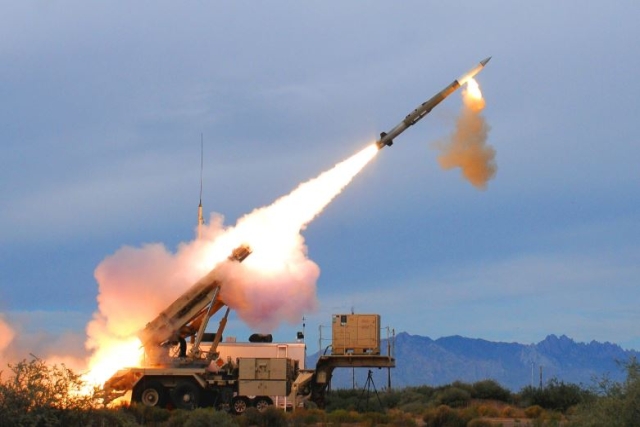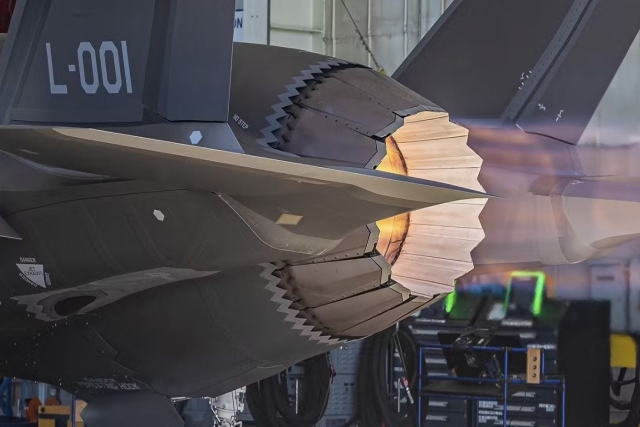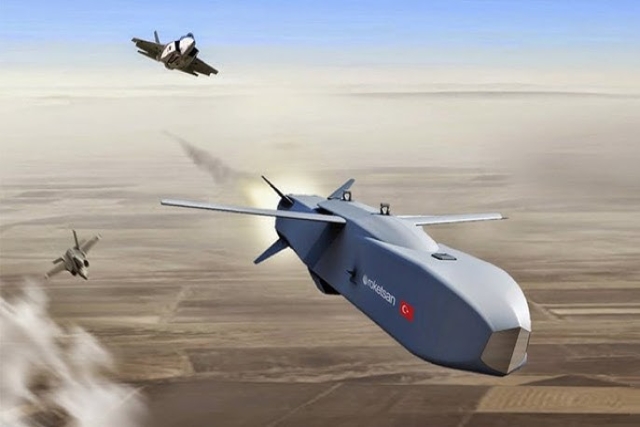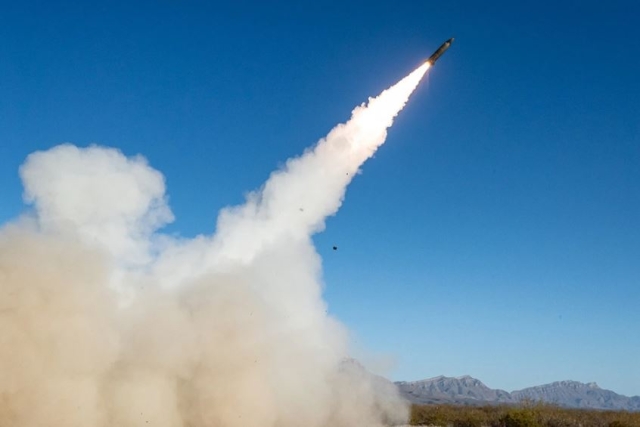Aerojet Bipropellant Engine Sets New Performance Record
SACRAMENTO, Calif. --- Aerojet, a GenCorp company, announced today that its 150-lbf thrust high performance storable bipropellant engine demonstrated a specific impulse of 333.5 seconds at its Redmond, Wash. facility.>> The Advanced Materials Bipropellant Rocket (AMBR) engine was designed and tested under contract to NASA's In-Space Propulsion Technology Program (ISPT), with the goal of maximizing the performance of storable bipropellant engines. The ISPT Program, located at NASA Glenn Research Center, develops propulsion technologies to enable or benefit near and mid-term NASA space science missions by significantly reducing spacecraft cost, mass and travel times.>> Aerojet's AMBR engine incorporates an innovative injector and pre-combustor design with an iridium-lined rhenium combustion chamber, packaged within the envelope of existing 100-lbf thrust engines. The flight design engine uses hydrazine fuel and nitrogen tetroxide oxidizer at feed pressures and mixture ratios typical of current flight propulsion systems. The engine demonstrated acoustic and thermal stability at chamber temperatures of up to 4000 degrees F (2200 degrees C). The test series covered a wide range of mixture ratios, feed pressures and burn durations, including steady state burns lasting as long as 800 seconds.>> "Aerojet has achieved significant performance advancement with the AMBR engine," said Dr. Scott Miller, Aerojet's principal investigator and director of systems and technology development. "With the completion of planned environmental testing, the AMBR engine will be at Technology Readiness Level 6 and ready for final design and qualification for a specific application." This makes the engine an ideal candidate for future NASA science missions and upgrades to current civil and commercial space programs.









